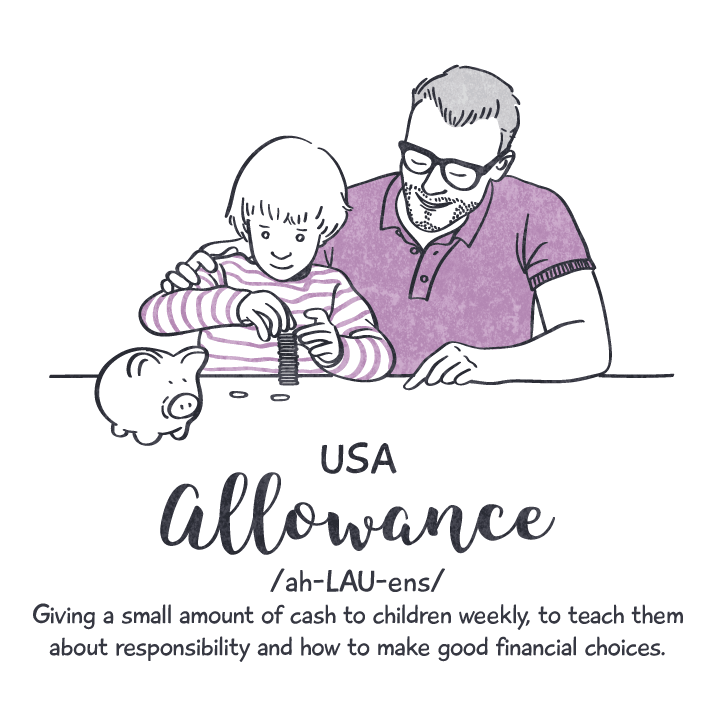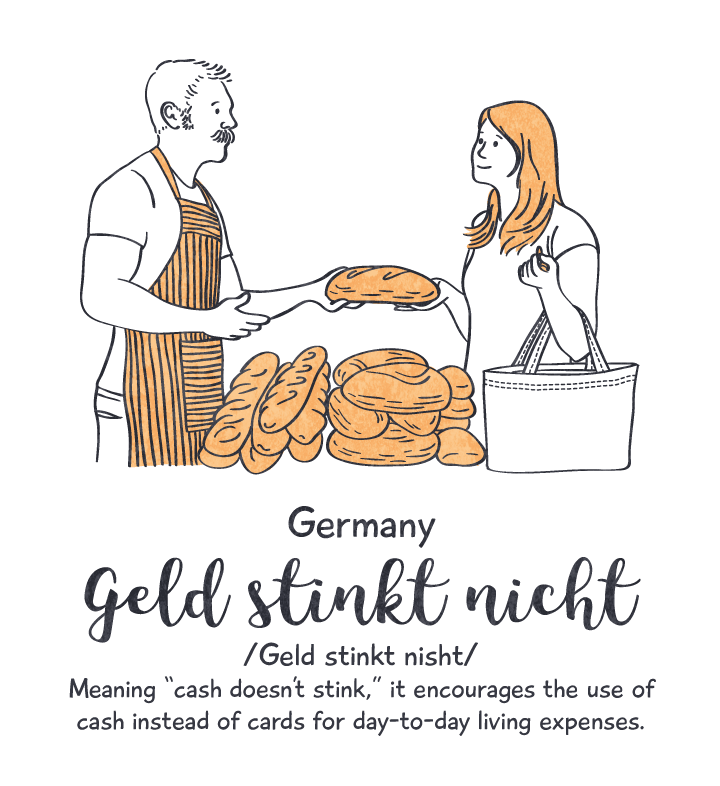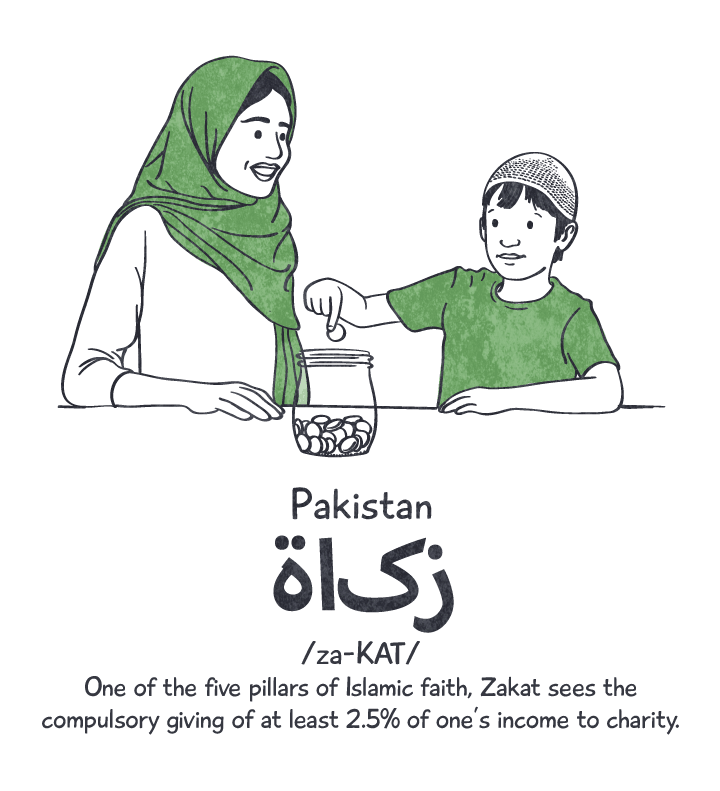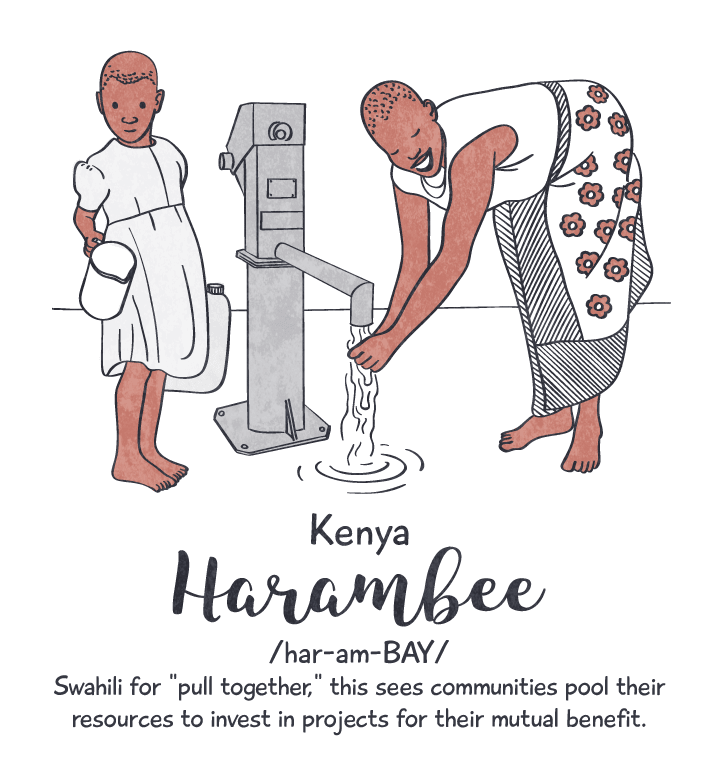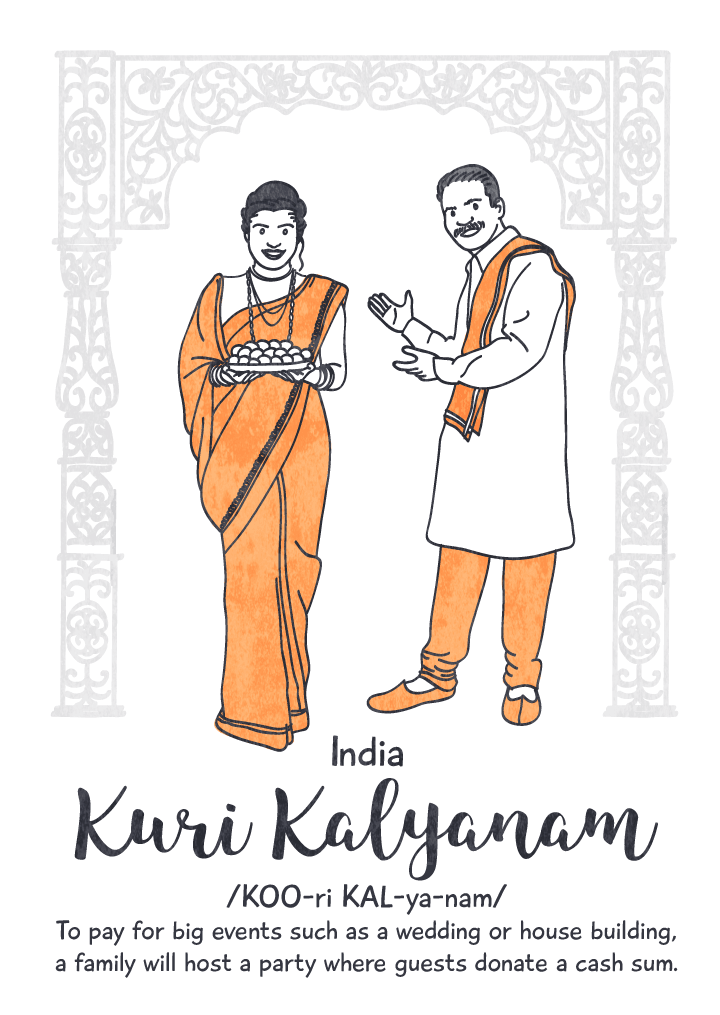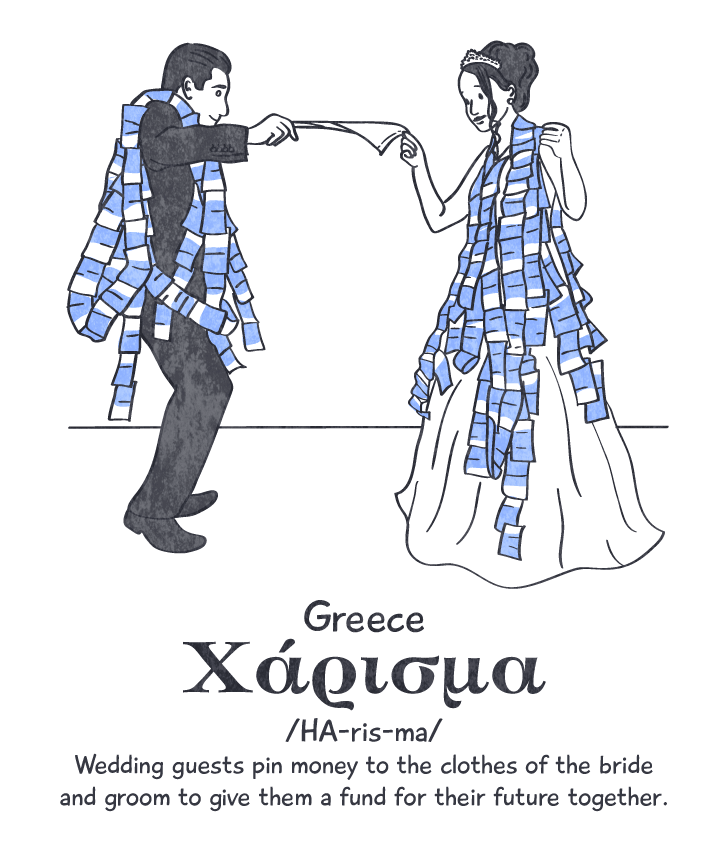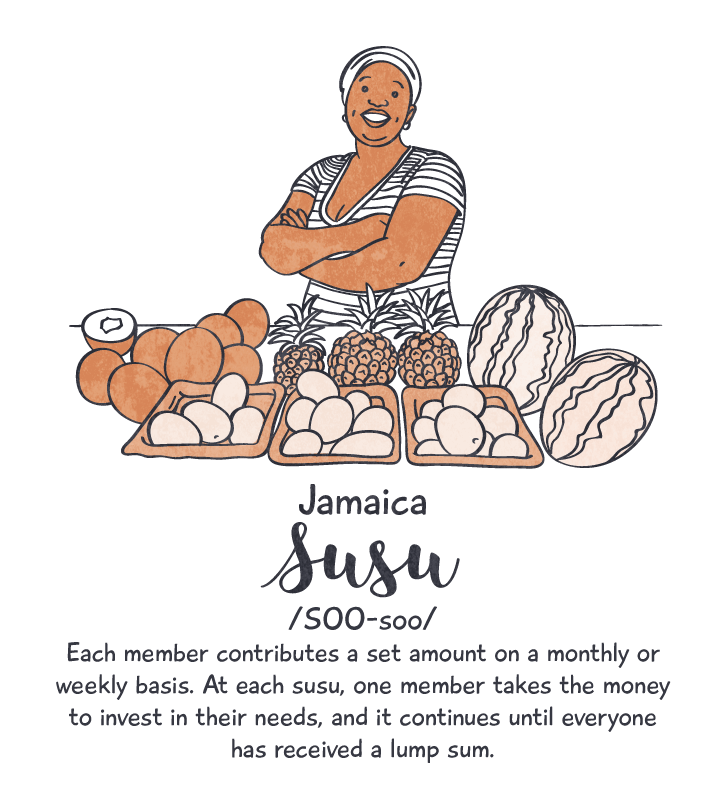Money makes the world go around and it’s a fact of everyday life all over the globe that we need it to exchange for goods and services. But despite this common theme, how we all treat and use actual hard cash is still often very different depending where you are in the world, whether it’s how people save up for treats or traditions around charitable giving.
Here are some of those cultural practices in illustrated form from Budget Direct, why not see if there’s any you want to try and introduce into your financial dealings:
Caja de Ahorros (Panama)
For all cultures that celebrate Christmas, actually paying for it can be a challenge. In lots of places around the world, that can mean maxing out your credit cards and not worrying about any of it until January, but in Panama they have had the tradition of a caja de ahorros, which means paying monthly installments into an account they can access in time for the holidays.
Geld Stinkt Nicht (Germany)
This delightfully-named German tradition literally means ‘cash doesn’t stink’ and is a rejection of the modern practice of going cashless and racking up personal debts. Instead, they focus on paying for things with real money, using cash for around 80% of purchases.
Zakat (Pakistan)
Most of us try to give money to charity when we can (or at least tell ourselves that we do), but in Pakistan they have a more formal and legal procedure called Zakat, where 2.5% of everybody’s income has to be donated to charities.
Harambee (Kenya)
Working together is the theme of Harambee, a Kenyan tradition of avoiding borrowing from banks to get things done and instead drawing upon the spirit of the community to fund and work on essential projects as a collective.
Allowance (USA)
Teaching children about money and how to be responsible for their own finances is at the core of the allowances that American parents give their young. Whether the children actually spend theirs wisely or not, of course, is often another matter.
Kuri Kalyanam (India)
In India, raising money to pay for big life events like buying a house or getting married is done in much more entertaining way than most other countries. They do it by hosting a party and getting all the guests to donate cash, with the expectation that the recipients this time will double that amount when it’s their turn to donate back.
Harisma (Greece)
Cash and weddings go hand-in-hand in Greece more literally than the usual ways. Harisma is the practice of guests pinning money onto the bride and groom on the dancefloor as their way of helping them prepare for their lives together.
Susu (Jamaica)
Another form of community fundraising and wealth distribution, this Caribbean tradition of Susu means that all the members of the group pay a regular amount in until the next meeting when one member will take the money to pay for something they need. To make it fair, this cycle continues until everybody has had theirs.

